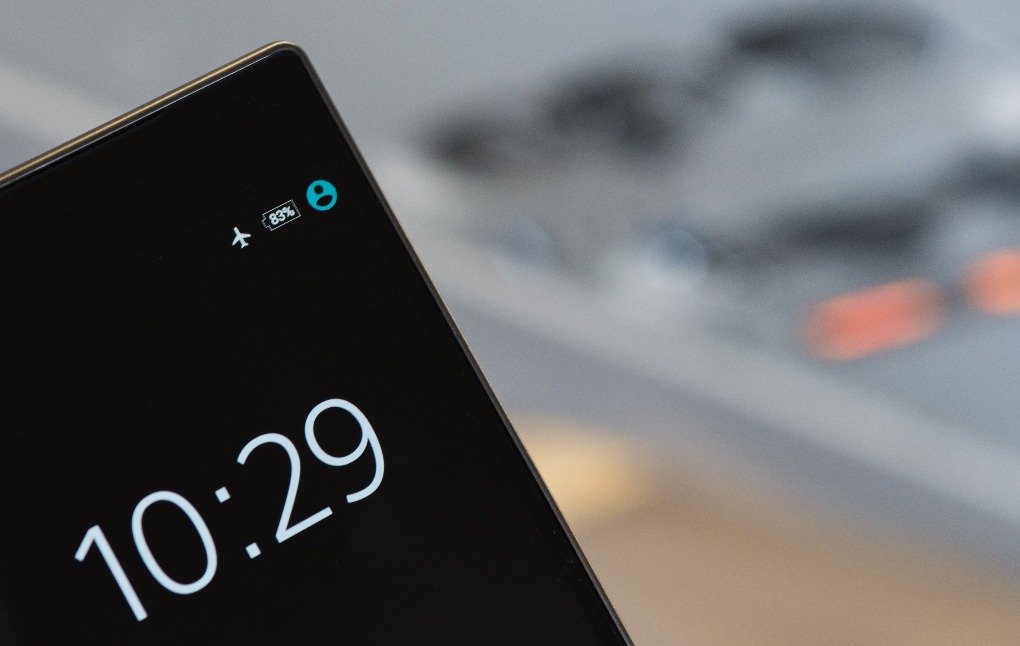Ramadan vibes are kicking in and the wait is finally over. However, with the holy month’s unique atmosphere comes also some difficulties. Draining out of energy on Ramadan long days seems an everlasting obstacle. Even if you’re not committed to a full-time job, it’s still a big deal. Thus, we’ve got your back with 10 ways to stay energized and focused when fasting.
Sleep well

Any productive day begins with a full night’s sleep and vice versa. Ramadan nights are tempting, but the benefits of an eight-hour rest could save you all the trouble. If you don’t have the option of uninterrupted sleep, you can resort to napping. A maximum of a 30-minute nap in the afternoon could uplift your energy for the rest of the day. Yet, longer naps would backfire as you go into deep sleep resulting in more exhaustion when you wake up.
Work out

Needless to say, exercise is the linchpin to a healthy body. Especially amidst Ramadan, your productivity will take a top-notch when you work out before or after iftar. If you can’t even walk after iftar or suhoor, try to stretch away from your desk as you’re working.
Plan in Advance

It’s vital to work smart, not hard, particularly while fasting. Spread your tasks according to your focus level throughout the day. A common strategy that has proved useful is to take a 10-minute break every 50 minutes of work.
Limit Distractions

Although the food talk is an inevitable part of Ramadan days, it’s a colossal distraction that leaves you out-of-focus until iftar. Concentrate on finishing your tasks at work instead of counting down to iftar. Similarly, delay your social media use after iftar to direct your energy to the necessary tasks.
Never Skip Suhoor

The whole point of suhoor is to provide you with the energy you need for the upcoming day. It’s recommended to eat suhoor as late as possible, so it somehow replaces breakfast. More importantly, it should be a light, healthy meal full of the nutrition your body needs. On the other hand, missing suhoor will do the complete opposite as you’ll feel exhausted, no matter what you do, till you eat again.
Eat Right

Eat food that is high in proteins, fiber, and healthy fats as they give you the energy you need while satisfying your hunger. Also, replace fried food with baked food as it’s not only healthier but delicious as well.
Divide Iftar

Ever heard about starting with a bowl of soup then proceeding with the main iftar? Or eating a couple of dates, praying, then eating the regular iftar? This is an extremely healthy strategy to adopt. Dividing your big meal leads to a much more energetic evening afterward.
Stay Hydrated

Dehydration oftentimes causes headache, fatigue, and body aches. What plenty of people forget is that the eight glasses of water rule applies to Ramadan too. To compensate for the fasting hours, ensure drinking lemon and herbal tea besides eating fruits and vegetables that are rich in water and fiber. Besides, dodge from salty foods such as pickles, nuts, and salty crackers.
Limit Caffeine

Whether it’s coffee, tea, or energy drinks, addicting to caffeinated beverages has its drawbacks that outweigh the benefits. You may not feel the issue throughout the whole year, but in Ramadan, the situation is intrinsically different. Depending on caffeine to stay alert every morning will keep you drowsy in Ramadan’s morning. Hence, it’s advisable to reduce your intake before Ramadan with a reasonable time, or at least avoid drinking caffeinated beverages on suhoor.
Socialize With Your Family

Take Ramadan as a chance to bond with your family. Walking up and going to sleep at the same hours will motivate you to keep your sleeping schedule tight. Enjoy as much time as possible playing games, chatting, or watching series together. Consequently, you’ll feel the stress going away as you’re having fun.
Ultimately, it’s not a piece of cake to change your Ramadan routine that you’ve been used to for years and years. However, implementing a couple of the above tips will surely pay off and hopefully, the rest will follow.
By: Monica Mamdouh



